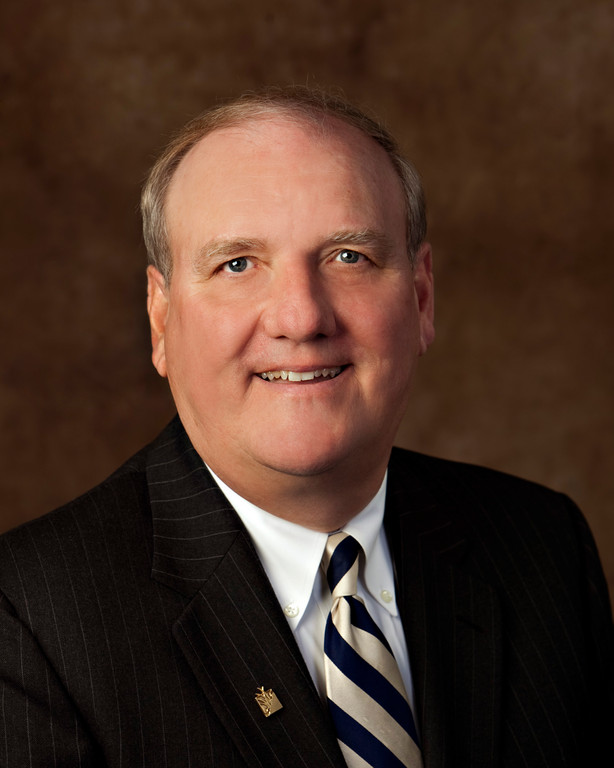
After a banking career spanning 38 years, the last decade as president and CEO of BankNewport, 65-year-old Thomas W. Kelly is stepping down, to be succeeded at the beginning of 2012 by Sandra J. Pattie, the bank’s current chief operating officer. During his tenure, the bank experienced significant growth, with assets rising from $811 million in 2002 to $1.1 billion to date.
According to the BankNewport website, the institution – founded in 1819 – is “the oldest mutual savings bank, not only in Rhode Island, but in the entire United States.” There are now a dozen branches throughout southern Rhode Island.
PBN: What is the first retirement-type thing you expect to do once you aren’t the boss anymore?
KELLY: Head with my wife to our winter home in Punta Gorda, Fla., after the New Year’s holiday.
PBN: What accomplishment at BankNewport during your tenure as CEO are you most proud of?
KELLY: Even though accomplishments like forming the mutual holding company, building three new branches on the West Bay and acquiring two additional insurance agencies were important, the one accomplishment I am most proud of is having the bank receive the award as one of the “Best Places To Work in Rhode Island” for five years in a row [in the program sponsored by Providence Business News]. After all, happy staff produces happy customers.
PBN: If you could share one word of caution with incoming BankNewport CEO Sandra Pattie, what would it be and why?
KELLY: Regulation, because banks like us did not cause the current financial crisis but are being significantly impacted by the cost of new regulations that are just being piled on top of an already massive level. When I started as CEO in February 2003, we had one person in our Compliance Department. Today we have six staff members in that department, and we have not yet seen the potential staff impact of the recently passed 2,019-page Dodd/Frank bill with most of its hundreds of elements yet to be implemented.
PBN: What do you see as the big business opportunities over the next decade for BankNewport or other Rhode Island community banks?
KELLY: As a member of the board of directors of the Rhode Island Public Expenditures Council for the past several years, I believe that the success of business development in the state will depend a great deal on how well we deal with the serious fiscal problems facing our state and municipalities. All of the community banks are ready and willing to lend, but there are so many issues, both locally and nationally, to be resolved that it is very difficult to confidently predict business growth.
The resolution of the Fannie Mae and Freddie Mac problem will, to a large degree, be a huge determinant of the future of the housing and its related businesses in Rhode Island.
PBN: What do you think of the efforts to reform the nation’s banking system in the aftermath of the financial meltdown of 2008? What could be done to improve the reform?
KELLY: While there was definitely a need to reform some significant elements of the financial industry, the new reform legislation was passed, in many cases, without enough review and consideration of cost/benefit or the potential unintended consequences involved. In order to improve the reform legislation, there needs to be a much better understanding of the concerns I stated above, because some of the legislation was passed with no prior committee review and there are hundreds of studies and reviews that need to be done to resolve the many ambiguities and contradictions in the legislation. In the present state, the legislation leaves the banks with much future business uncertainty and the danger of inconsistent interpretations by regulatory examiners.












